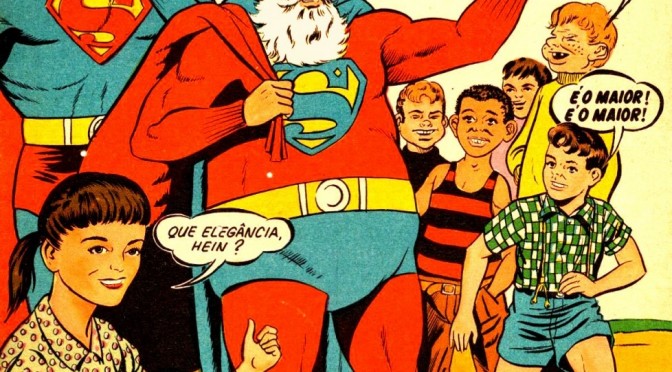Politics and criticism in the Latin American comics world during the 1960s and 1970s
4 January 2024, 2:00-3:30 PM, Camelot Room, Third Floor, Blandijn, UGent
Abstract
Within Latin America, the 1960s and the 1970s constitute a pivotal period for the comics art world. It was a moment when comics artists and intellectuals sought to assert what meant to produce comics in the region, establishing a clear contrast between the Latin American historietas/quadrinhos and the American comics. Echoing critiques against the “dependency” condition and the U.S. “cultural imperialism”, several Latin American editorial projects aimed at introducing new characters and themes to the comics scene. Simultaneously, a range of publications endeavours to establish critical guidelines for the interpretation of comics in the region. This conference will address both aspects through two case studies: “Bingo, o pequeno jornaleiro,” a Brazilian comic strip published in the first half of the 1960s, whose stories unfold in low-income housing – favelas – and address issues such as blackness and poverty; and the intellectual debates on comics that resonates during the 1960s and 1970s in one of the foremost Latin American cultural magazines of the 20th century, the Cuban magazine Casa de las Américas.
Ivan Lima Gomes is Adjunct Professor for Latin American History and a CNPq funded scholar at the Federal University of Goiás, who works on image and text interactions in Latin American literature. Main topics of interest: Book History, Comics Studies and Latin American Studies, focusing on Memory, Historical Representation and Public History, with an interdisciplinary perspective. Author of several articles published in academic journals (IJOCA, Casa de las Américas, LARR, Caravelle etc.) and a monograph about comics and politics in Latin America during the 1960-1970, Os novos homens do amanhã: projetos e disputas em torno dos quadrinhos na América Latina. E-mail: igomes2@ufg.br
